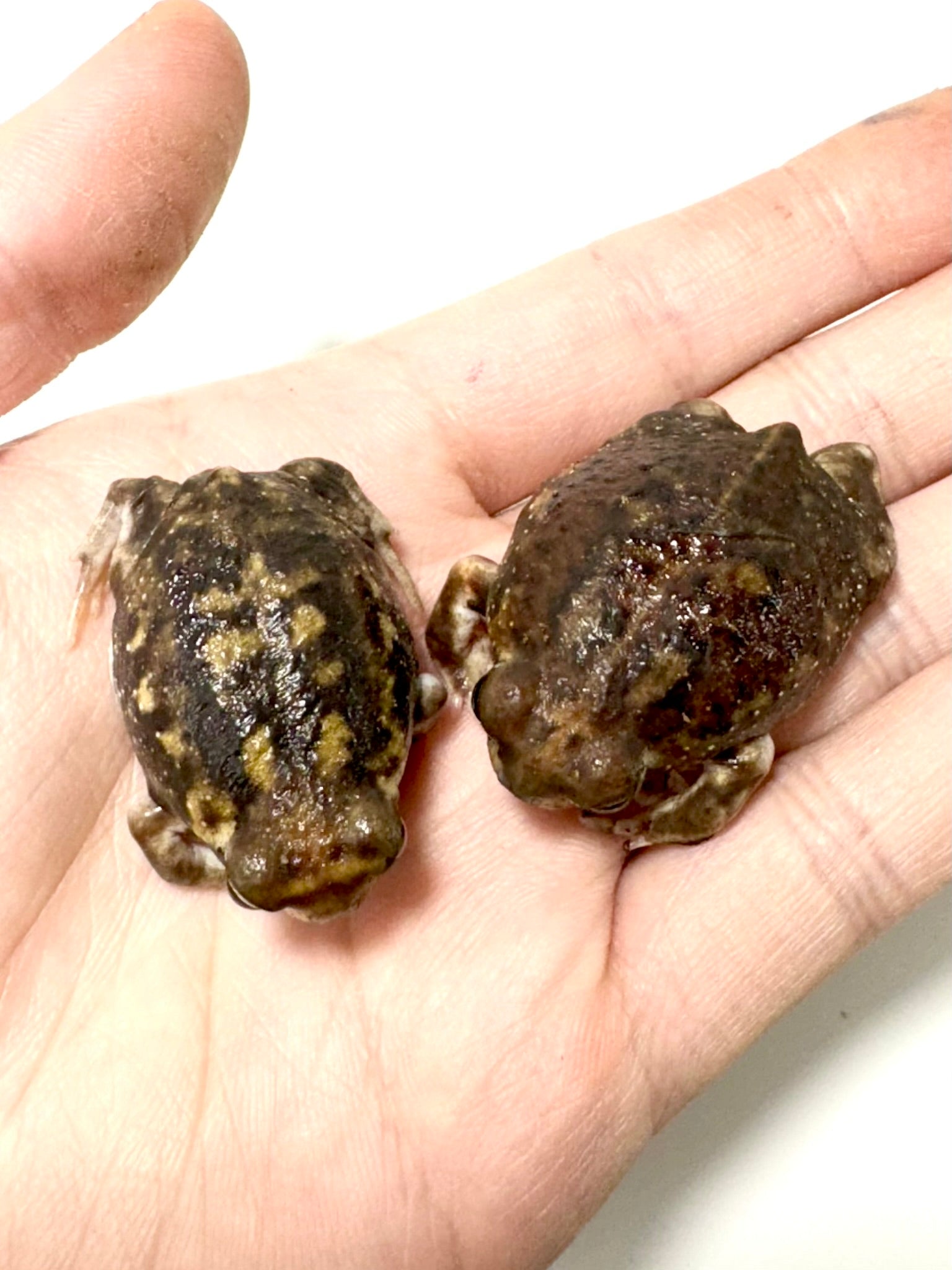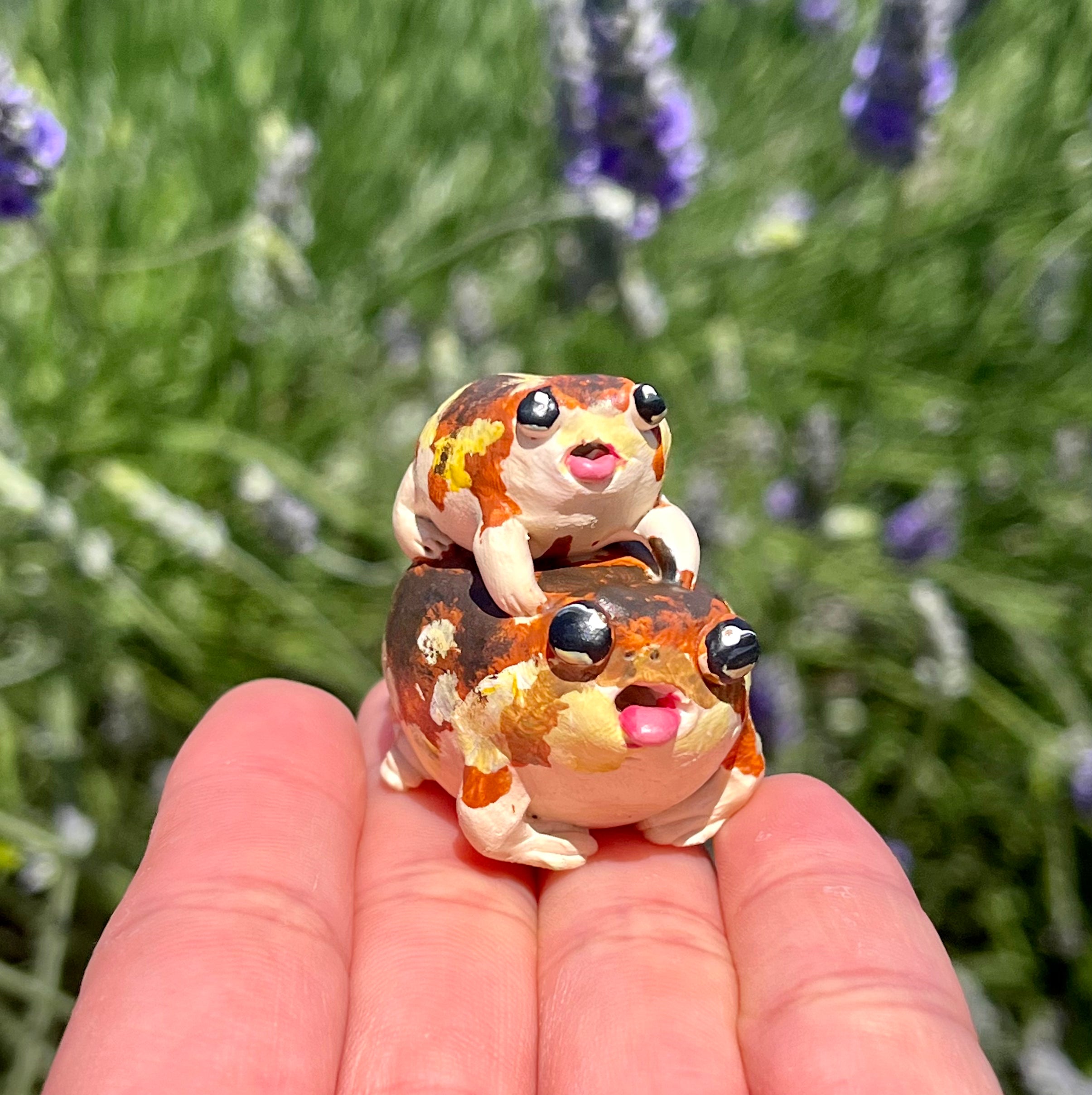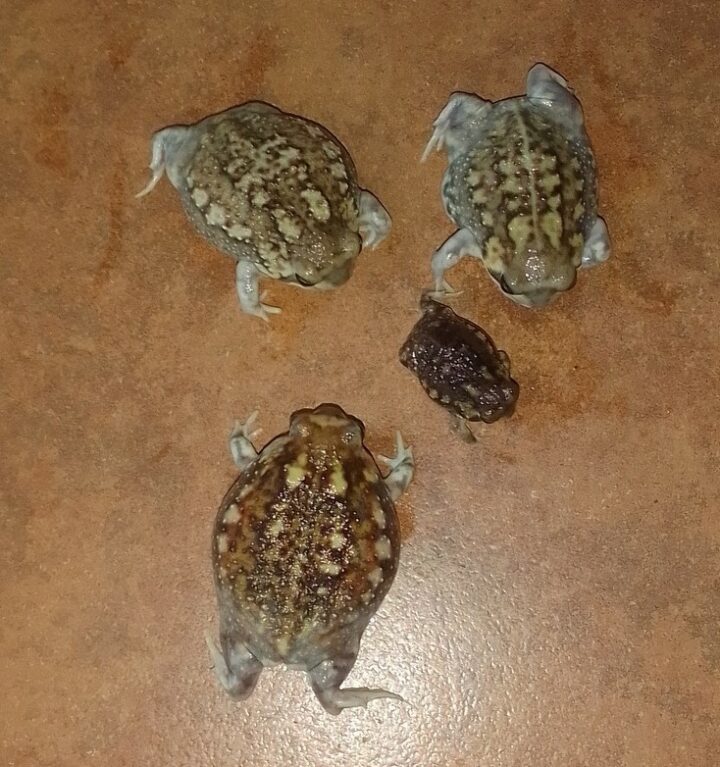Rain Frog for Sale: Discover Unusual Amphibian Pets at Unbeatable Prices!
Common Health And Wellness Issues in Reptiles: Signs and Solutions
In the complex globe of reptile care, understanding the common health and wellness concerns that might impact these unique creatures is critical in ensuring their well-being. From respiratory system infections that can silently take hold to metabolic bone conditions that can cripple, reptiles are at risk to a variety of conditions that need eager monitoring and timely intervention. Whether it's grappling with parasitical invasions, navigating dehydration concerns, or addressing skin ailments that show up in refined ways, being in harmony with the signs and geared up with the knowledge of reliable options is vital for any reptile proprietor. By delving further right into the nuances of these wellness problems and exploring the functional treatments readily available, one can secure the health and vigor of these fascinating pets.
Breathing Infections
Respiratory infections in reptiles can significantly influence their total health and wellness and call for timely attention from experienced vets. In reptiles, breathing infections can be especially challenging to detect and treat due to their distinct makeup and physiology.
Therapy for breathing infections in reptiles generally involves a mix of helpful treatment, such as preserving proper moisture levels and temperature level gradients in the unit, in addition to targeted medication to resolve the certain pathogen in charge of the infection. It is important for reptile owners to check their animals very closely for any type of indicators of breathing distress and look for veterinary care at the earliest sign of an issue. With timely intervention and appropriate therapy, numerous reptiles can recoup fully from respiratory system infections and resume regular tasks.

Metabolic Bone Disease
What aspects add to the development of Metabolic Bone Disease in reptiles?
Metabolic Bone Illness (MBD) in reptiles is largely created by a lack of proper calcium, phosphorus, and vitamin D3 levels in their diet plan. When reptiles do not obtain ample calcium, either through their food or proper UVB exposure for vitamin D3 synthesis, they are at a high danger of establishing MBD. Reptiles with diet regimens reduced in calcium or unbalanced calcium to phosphorus proportions are specifically at risk. Additionally, inadequate exposure to UVB light prevents reptiles from synthesizing vitamin D3, which is essential for calcium absorption and bone health and wellness.
Not enough humidity degrees can likewise influence a reptile's capability to metabolize calcium effectively. Normal veterinary examinations, proper husbandry methods, and a balanced diet plan are important to protect against Metabolic Bone Illness in reptiles.
Parasitical Invasions
Parasitical infestations posture a considerable wellness danger to reptiles, influencing their general well-being and requiring punctual veterinary focus. Reptiles can be affected by different bloodsuckers, including mites, ticks, interior worms, and protozoa. These bloodsuckers can cause a variety of symptoms, such as weight reduction, lethargy, skin irritability, looseness of the bowels, and even death if left unattended.
One common bloodsucker found in reptiles is the mite, which can cause skin stress and anxiety, irritation, and anemia. Ticks are an additional exterior bloodsucker that can trigger and transfer illness discomfort to the reptile. Interior bloodsuckers like worms and protozoa can cause digestive system issues, malnutrition, and compromise the reptile's immune system.
To identify a parasitic infestation, a veterinarian may carry out fecal tests, skin scrapings, or blood tests. Therapy usually involves deworming drugs, antiparasitic bathrooms, or in extreme cases, a hospital stay. Preventative measures such as routine veterinary check-ups, proper hygiene, and quarantine treatments for brand-new reptiles can aid decrease the danger of parasitic invasions and guarantee the well-being of reptile pets.
Dehydration and Hydration Issues
Dehydration in reptiles can significantly affect their health and health, necessitating prompt intervention and proper hydration management. If left unattended, dehydration can lead to major wellness problems and also be fatal to the reptile.
To stop dehydration, reptile owners must make certain that their animals have accessibility to clean water in any way times. The water dish must be huge enough for the reptile to take in if required, particularly for varieties that absorb water with their skin. In addition, maintaining appropriate moisture degrees in the reptile's enclosure and supplying routine bathrooms can help avoid dehydration.
In instances of dehydration, it is essential to look for vet treatment promptly. A veterinarian may provide fluids either orally or with injections to rehydrate the reptile. It is necessary to deal with the underlying cause visit of dehydration to stop recurrence and guarantee the reptile's general wellness.
Skin Disorders

Conclusion

Breathing infections in reptiles can significantly influence their overall wellness and require punctual attention from seasoned veterinarians (rain frog for sale). Preventative procedures such as regular vet check-ups, appropriate health, and quarantine procedures for brand-new reptiles can help lessen the risk of parasitic problems and guarantee the wellness of reptile pets
If left unattended, dehydration can lead to major wellness issues and even be deadly to the reptile.
Routinely checking your reptile for any kind of modifications in skin appearance, shade, or appearance can aid in early discovery Going Here and therapy of skin disorders, promoting the overall health and wellness and health of your flaky companion. - rain frog for sale
In conclusion, reptiles are susceptible to different wellness concerns such as respiratory infections, metabolic bone disease, parasitic invasions, dehydration, and skin ailments.